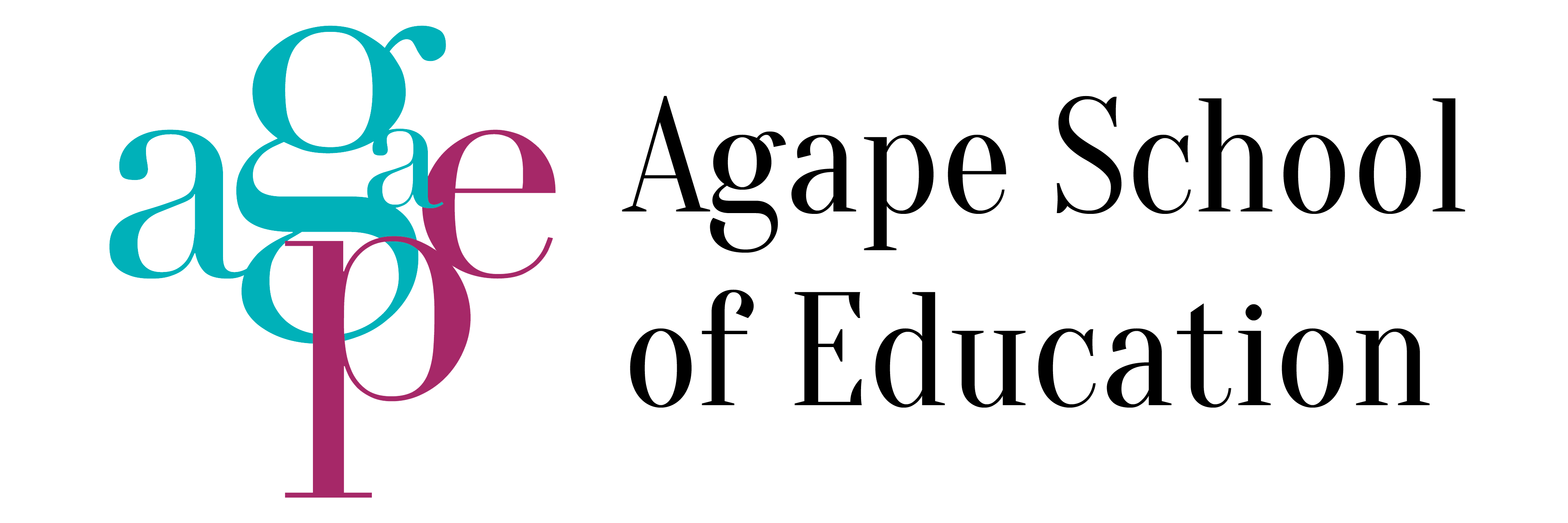Korean is spoken by over 63 million people in South Korea, North Korea, China, Japan, and even Uzbekistan, Kazakhstan and Russia! Grammatically, the Korean language has many similarities to the Japanese language while 70% of its vocabulary is a derivative of the Chinese language. The key to learning Korean is Hangul, the Korean alphabet. Although generally similar to the English alphabet, Hangul groups characters into syllables and does not have lowercase or capital letters. A rather short alphabet, it consists of 19 consonant letters and 21 vowel characters. Characters are grouped into blocks to form each syllable. In fact, the word “hangul” consists of the syllables han (한) and gul (글).
The Korean alphabet is unique as the shape of the letters are modelled after the phonetic features they represent. For example, consonants follow the shape the mouth creates when pronouncing the letter while vowels are made up of horizontal or vertical lines. The character “ㄱ” is roughly the shape your tongue forms when we pronounce the “g” sound.
 Another fact about the Korean language is that every word, noun and syllable begins with a consonant. This is always followed by a vowel on the right or below the character. Having the vowel below the first consonant is the most common way of creating syllables. In this case, the third character will always be placed below the second.
Another fact about the Korean language is that every word, noun and syllable begins with a consonant. This is always followed by a vowel on the right or below the character. Having the vowel below the first consonant is the most common way of creating syllables. In this case, the third character will always be placed below the second.
Apart from the basic consonants and vowels, Hangul has several irregularities. This is important for reading Hangul. Reading Korean can be simpler than reading English! This is because of the relative pronunciation of sounds in English. This does not occur in the Korean language. Luckily, most irregularities are small and not common. Generally, irregularities are specific to a single character rather than a group of characters.
The most important part of the Korean language are the verbs. Unlike English, the Korean language does not have a subject. Instead, it is assumed from context. However, like the French language, the verb can take different forms depending on who you are conversing with. So, speaking to a respected elder is different from speaking to a friend.
There are many aspects to learning the Korean language, however, with proper guidance and a variety of methods, Korean can be easy to learn. This is especially true in Singapore, where the majority of the population has some knowledge of Mandarin. Even those who do not can easily pick it up as the alphabet is small and the linguistic rules of this language are very straightforward.
The key to success for any student is perseverance and positivity. After all, if you don’t enjoy doing it then what is the point? Learning Korean could be one of the most amazing and fulfilling experiences that you have ever had. Considering the area of the world that Singapore is located in, learning Korean could open new doors in your life that you had never before thought possible. For example, students seeking higher education can use this skill to apply to higher education institutions such as INSEAD.
On the other hand, with the boom of Korean songs (K-Pop), dramas and news, it is not unreasonable to learn the language to better connect with these aspects of the culture. Furthermore, learning a foreign language is one of the highest personal intellectual goals one can achieve. The learning process is not always easy and you’ll have many small issues and problems to tackle along the way. You’ll have to focus on various aspects of the problem, such as spelling, grammar, reading, pronunciation and so forth. However, if you keep the problem in sight and don’t lose interest, the chances of success are extremely high and the intellectual fulfilment that you get at the end is incomparable to anything else.
Come down to Agape School of Education or sign-up and pick a foreign language course that you’re interested! If you’re a Singaporean citizen above the age of 25, you are eligible for the SkillsFuture Credit Scheme! Our Korean and German classes are claimable via SkillsFuture Credit.



0 Comments